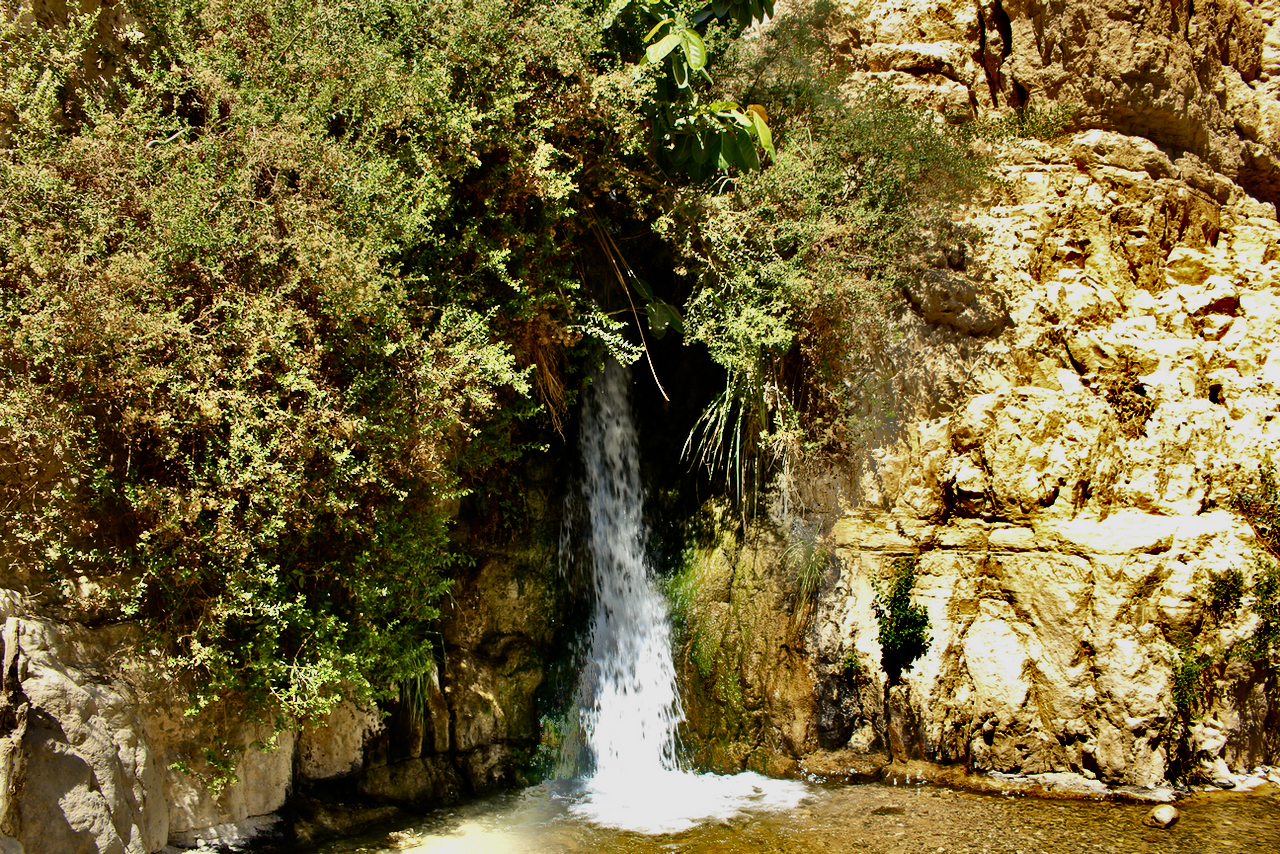“So David and his men, about six hundred in number, left Keilah and kept moving from place to place. When Saul was told that David had escaped from Keilah, he did not go there. David stayed in the wilderness strongholds and in the hills of the Desert of Ziph. Day after day Saul searched for him, but God did not give David into his hands. While David was at Horesh in the Desert of Ziph, he learned that Saul had come out to take his life.” (1 Samuel 23:13-15 NIV)
Saul’s hatred of David was illogical. David had defeated Goliath, had become a commander in Israel’s army, had won many victories, played music to sooth King Saul, and even married Saul’s daughter Michal. Saul ended up being jealous of David.
When winning his early battles, the people developed a song they would sing: “Saul has slain his thousands, and David his tens of thousands” (1 Samuel 18:7). Saul saw David as a threat to his dynasty and tried to control him through his marriage to his daughter Michal and his friendship to his son Jonathan, but both protected David. Saul decided he needed to kill David and began pursuing him.
David fled into the Judean wilderness. This area is barren with little rainfall but offered protection from being easily discovered in the hills, ravines and wadis. Those disgruntled with Saul’s rule began to join David until he had around 600 men with him, all fighters. Due to Saul’s massacre of the high priest’s family, the next high priest, Abiathar, also joined him and brought the high priest’s ephod containing the Urim and Thummim. David had Abiathar use these to enquire of God when he was unsure of what course of action to take (1 Samuel 23:1-6).
Although some betrayed David’s location to Saul the king was still unable to capture David. When Saul and his forces would arrive at a location, David would no longer be there.
“So they set out and went to Ziph ahead of Saul. Now David and his men were in the Desert of Maon, in the Arabah south of Jeshimon. Saul and his men began the search, and when David was told about it, he went down to the rock and stayed in the Desert of Maon. When Saul heard this, he went into the Desert of Maon in pursuit of David. Saul was going along one side of the mountain, and David and his men were on the other side, hurrying to get away from Saul. As Saul and his forces were closing in on David and his men to capture them, a messenger came to Saul, saying, ‘Come quickly! The Philistines are raiding the land.’ Then Saul broke off his pursuit of David and went to meet the Philistines. That is why they call this place Sela Hammahlekoth. David went up from there and stayed in the strongholds of Engedi” (1 Samuel 23:24-29)
Saul wasted so much time trying to catch someone he regarded as his enemy, although David had done nothing to harm or undermine him. Saul had convinced himself that David needed eliminated. When he should have been ruling the country and protecting it against real enemies, he chose to spend his time and resources pursuing David, thus allowing their real enemies to begin attacking Israel.
What is the lesson for us? How often do we waste our time trying to defeat or undermine other people, often Christians, when we should be doing the Lord’s work? God wants Christians to live together in unity, building up each other, and putting up with each other. We need to learn to love each other.
“Therefore I, the prisoner of the Lord, implore you to walk in a manner worthy of the calling with which you have been called, with all humility and gentleness, with patience, showing tolerance for one another in love, being diligent to preserve the unity of the Spirit in the bond of peace.” (Ephesians 4:1-3 NASB 1995)
Photo of En Gedi by Jon Galloway.
Readings for next week: 1 Samuel 19-25
- This is My Father’s World - 2025-07-18
- God is righteous and just - 2025-07-11
- Is our delight in the law of the Lord? - 2025-07-04
